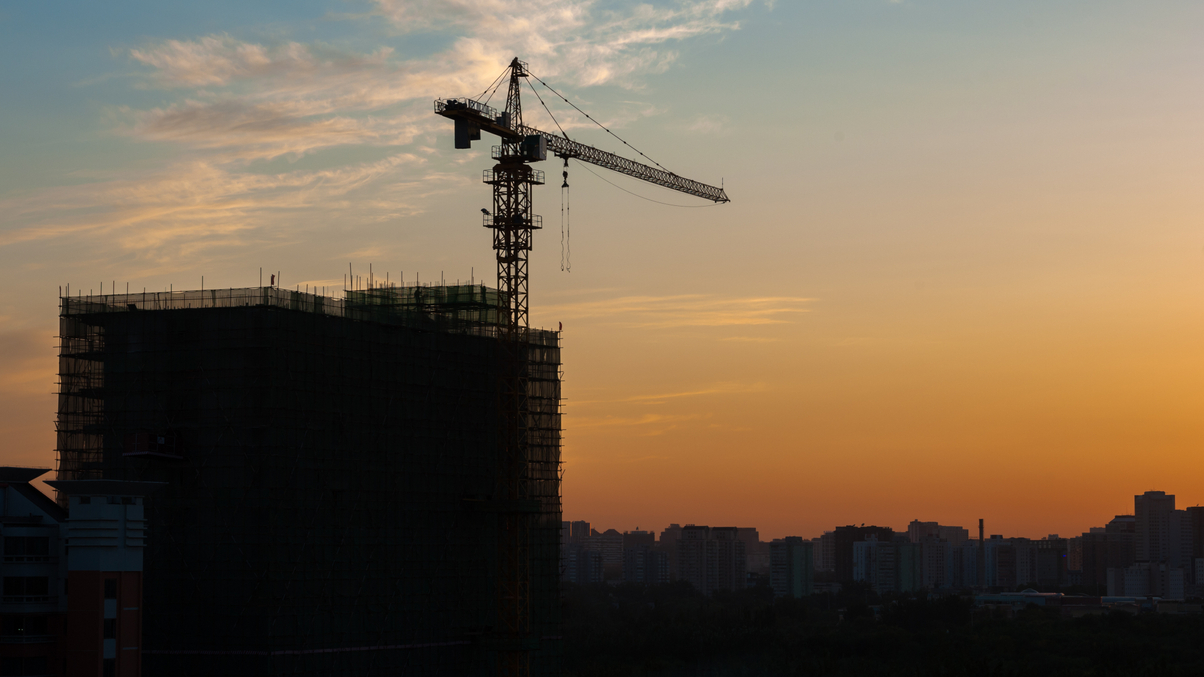Allianz targets Chinese real assets despite Evergrande
Despite Evergrande's woes, Allianz is still bullish on Chinese property and infrastructure, although it has slowed down its investment process.

Evergrande’s near bankruptcy has done nothing to dent Allianz’ appetite for property and other real assets in China, according to two of its senior executives.
Sign in to read on!
Registered users get 2 free articles in 30 days.
Subscribers have full unlimited access to AsianInvestor
Not signed up? New users get 2 free articles per month, plus a 7-day unlimited free trial.
¬ Haymarket Media Limited. All rights reserved.


